The transition to Apple Silicon reshaped Apple's hardware landscape and influenced user behavior, extending the lifespan of Macs and altering upgrade cycles.
Before 2020, Apple relied heavily on Intel processors for its Mac computers. The partnership began in 2006 and brought significant performance improvements and helped Apple gain a stronger foothold in the personal computing market.
However, as technology advanced, the limitations of relying on a third party for critical components became apparent. Intel's slower pace — and failed promises — in advancing its chip technology lagged behind the demands of Apple's vision for its products.
The introduction of the M1 chip in 2020 set the stage for a new era of Apple computing.
User adoption and changing upgrade cycles
The transition to Apple Silicon also had a notable effect on user behavior. According to the latest report by Consumer Intelligence Research Partners (CIRP), the percentage of Mac owners who kept their previous device for more than two years increased from 59% in 2020 to 68% in 2023.
That trend aligns with a broader pattern observed across Apple's product lines, including iPhones and iPads, where users are holding onto their devices for longer periods.
In the most recent 12-month period, the percentage of iPhone and Mac computer owners whose previous device was older than two years increased to 71% and 68%, respectively. In 2020, 63% of iPhone and 59% of Mac computer owners reported owning their previous device for two years or more.
Several factors contribute to this shift. First, the improved performance of Apple Silicon Macs mean users are less inclined to upgrade frequently.
Another factor during that period was the impact of the COVID-19 pandemic. As people adapted to remote work and online education, there was a surge in demand for reliable technology, leading many to invest in new devices.
However, following the difficult early days, continuing economic uncertainties and the need for cost-effective solutions have been encouraging users to hold onto their existing devices for longer.
Apple Silicon Macs enhanced efficiency and power versus Intel Macs have proven to be able to handle demanding tasks for several years. And as the market for traditional desktop software continues to shrink in favor of cloud-based applications, the need for frequent hardware upgrades also contributes to a decline in upgrades.
But now that Apple Silicon has met the needs of various types of customers, the next focus may be on battery life. "In fact, for most laptop owners, improvement in battery longevity may be the most important factor, which may have also reached a satisfactory threshold," CIRP says.
 Andrew Orr
Andrew Orr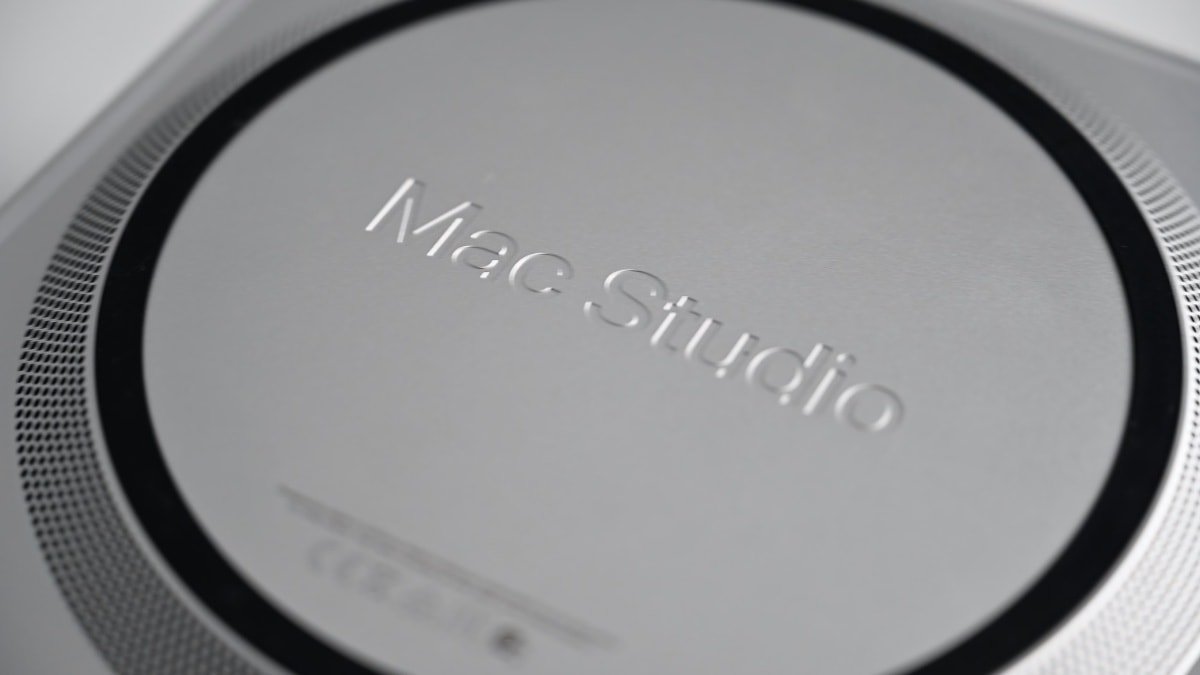
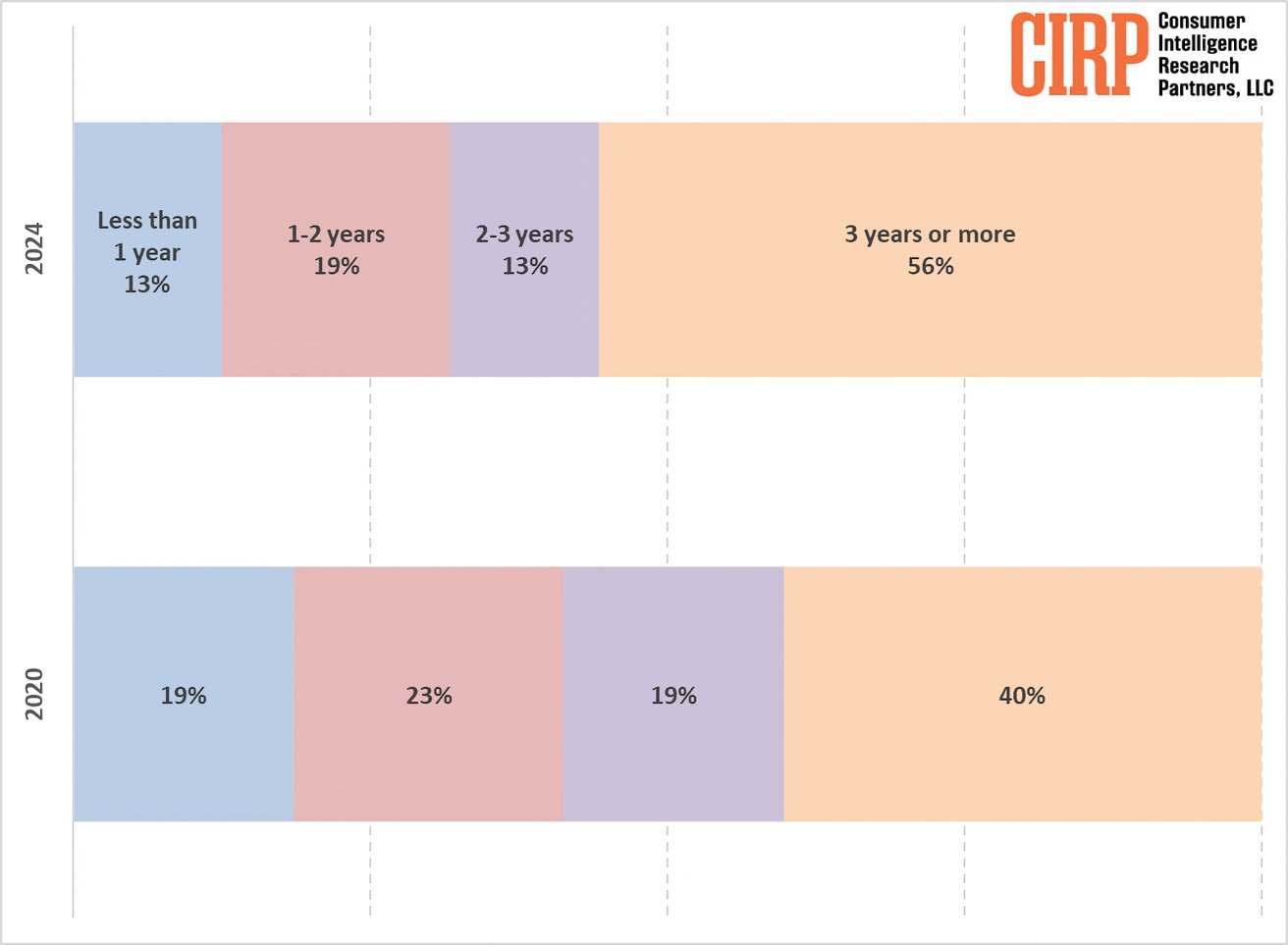

-m.jpg)






 Malcolm Owen
Malcolm Owen

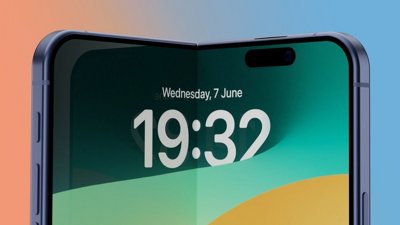
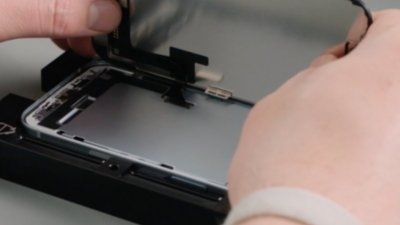
 William Gallagher
William Gallagher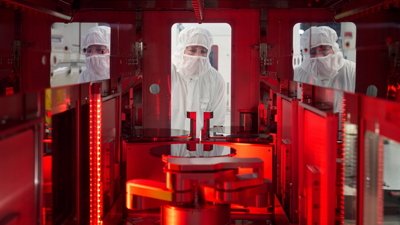
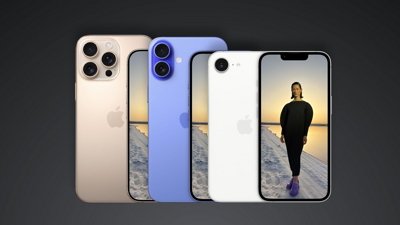
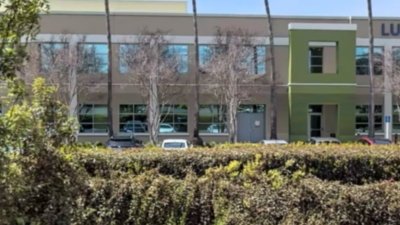
 William Gallagher and Mike Wuerthele
William Gallagher and Mike Wuerthele


-m.jpg)






19 Comments
I can't believe my M1 Air is four years old already. Still feels really fast compared to all my Intels over the years.
I think they should have compared 2024 figures to 2015 or 2017. The introduction of Apple Silicon Macs would have enticed people to upgrade sooner making the 2020 figures artificially short. How long did people keep their Intel Macs when the M-Series were not on the horizon? That would be interesting data. I would suspect it would be about as long as the 2024 figures.
Of course I am saying this as someone who last year traded in Macs from 2017, 2015, and 2012 on new Apple Silicon.
Apple silicon is a game changer but people forget how much of a difference SSD hard drives made when they were introduced. Our 2011 MBA (SSD) died this year. It kept going well beyond software support ending and the only repair was a battery replacement. Without SSD the Intel processor would have been practically unusable a long time ago. I had a MacBook Pro with HDD (also 2011 model year) for work around 2014-2016 and it was so slow as to be almost unusable compared with the humble MBA.
Apple silicon can’t really have a track record yet. Only a few years.
But don’t know how much longer I want to hold out. There’s new stuff that only works with AS and I’m getting antsy.